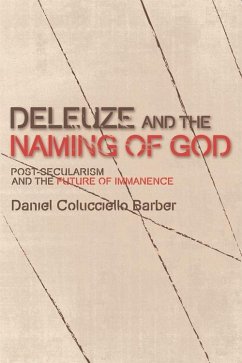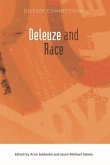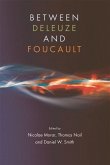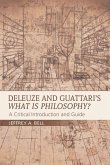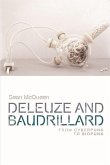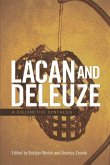'Barber provides us with the definitive study of the significance of immanence for political theology. Refusing to give up on either naming God or responding to suffering, Barber opens up new ground that displaces the stale opposition between the religious and the secular. This is a work of exceptional sophistication and depth of thought which sets the agenda for advancing the Christian tradition into immanence.' Philip Goodchild, University of Nottingham 'Barber has made several interesting and much needed interventions on the topic of theology and immanence in recent years. This book is something of a summation of these important interventions, but more than that, it completely changes the terms of traditional debates on this issue.' Kenneth Surin, Duke University An intersection between Deleuze's philosophy and the question of religion Deleuze's philosophy of immanence vigorously rejects every appeal to the beyond. For this reason, it is often presumed to be indifferent to the concerns of religion. Daniel Colucciello Barber shows that this is not the case. Addressing the intersection between Deleuze's thought and the notion of religion, he shows how both are motivated by a demand to create novel modes of existence. It is therefore necessary to discard your presumption: the enemy of Deleuze's philosophy is not religion but the transcendent. Deleuze and the Naming of God shows how Deleuzian immanence is able both to oppose religious transcendence and to enter an alliance with immanent accounts of the name of God. In doing so, it shows a way out of the paralysing debate between religion and the secular. Daniel Colucciello Barber is a fellow at the ICI Berlin Institute for Cultural Inquiry. He is the author of On Diaspora: Christianity, Religion, and Secularity (2011). Cover design: [EUP logo] www.euppublishing.com

